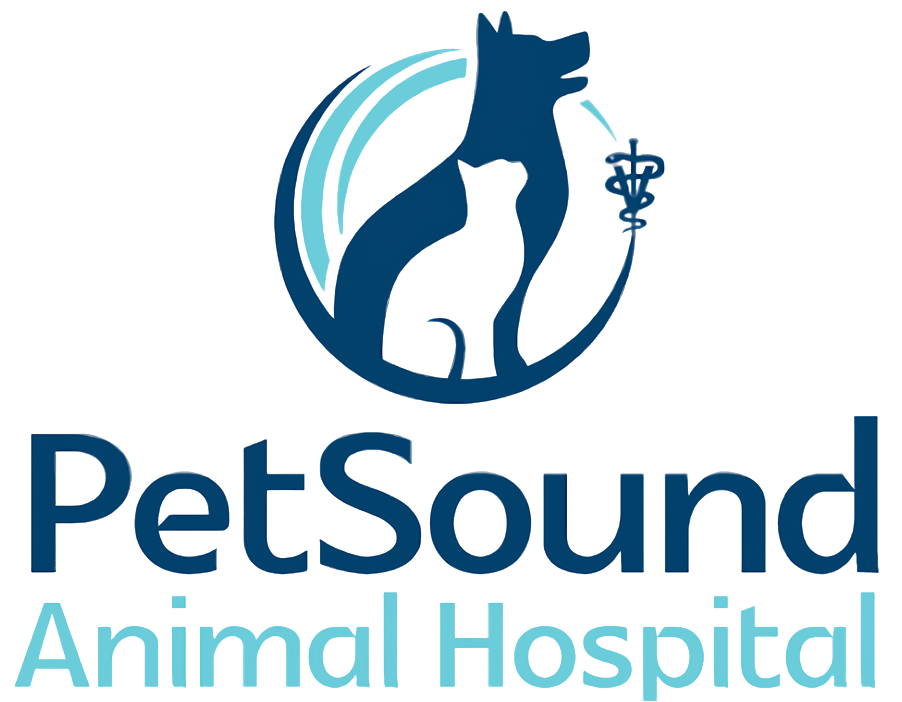Articles
-
A nutraceutical is a food or food product that reportedly provides health and medical benefits. Specific nutraceuticals are commonly used in the management of osteoarthritis in dogs. Because nutraceuticals are not subjected to the same testing and regulation as pharmaceuticals, it is always best to consult your veterinarian before giving any to your dog.
-
This handout summarizes the strong link between good nutrition and healthy skin and fur. Issues dealing with skin are a very common reason for visits to the vet, and the role of diet and supplementation in treating these conditions are highlighted.
-
When the digestive tract is upset, vomiting and diarrhea may result. Since the causes of these symptoms are varied, it's best to consult a veterinarian. Often, a gastrointestinal (GI) diet is recommended to support the digestive tract and ensure the gut gets the nutrients it needs to recover. A bland diet of cooked chicken and rice might be recommended, but it has several limitations and is not appropriate for long-term feeding.
-
The journey to a more ideal weight is not always easy. This handout discusses how many factors play a role, such as feeding management, portion control, and exercise, and how nutrition is critical to help pets lose weight safely.
-
Over 60% of dogs in North America are either overweight or obese, so paying attention to the balance between activity and calorie intake is important. Once your veterinarian has assessed your dog’s health, they can help you determine an optimal nutritional strategy.
-
This handout discusses the risks and benefits of feeding commercially prepared fresh, whole-food diets, as well as home-prepared recipes for your cat or dog. Topics highlighted include food safety, nutritional imbalances, and the need to ensure that any diet has been well-researched for nutritional safety and completeness.
-
Feeding your dog the appropriate amount of a well-balanced diet is vital to their overall health and well-being. Each dog has unique nutrition needs, dependent on individual preferences and activity levels. In addition, nutritional requirements and dietary preferences change over the course of the dog's lifetime.
-
Because of differences in large and giant dogs' energy and nutrient needs, some pet foods are specifically formulated for these requirements. Adequate diet and feeding management are important for adequate growth and preventing orthopedic problems and gastric dilatation-volvulus (GDV) or bloat. Specific recommendations are included for selecting an appropriate diet for a large or giant breed dog. Feeding management recommendations are also included.
-
Because of differences in toy and small dogs' energy needs and size, it is essential to use pet foods specifically formulated for their requirements. Adequate diet and feeding management are important for proper growth and preventing excessive weight gain. Specific recommendations are included to select an appropriate diet. Feeding management recommendations for puppies and adult dogs are also included.
-
In North America, obesity is the most common preventable disease in dogs. Almost 60% of domestic dogs are overweight. Scientific evidence now shows that fat tissue is not benign; it actively secretes inflammatory hormones and creates oxidative stress, both of which contribute to increased risks for several diseases, as well as a decreased quality of life. Treating obesity as a chronic, inflammatory condition means regular veterinary assessments and strict attention to portion control.

